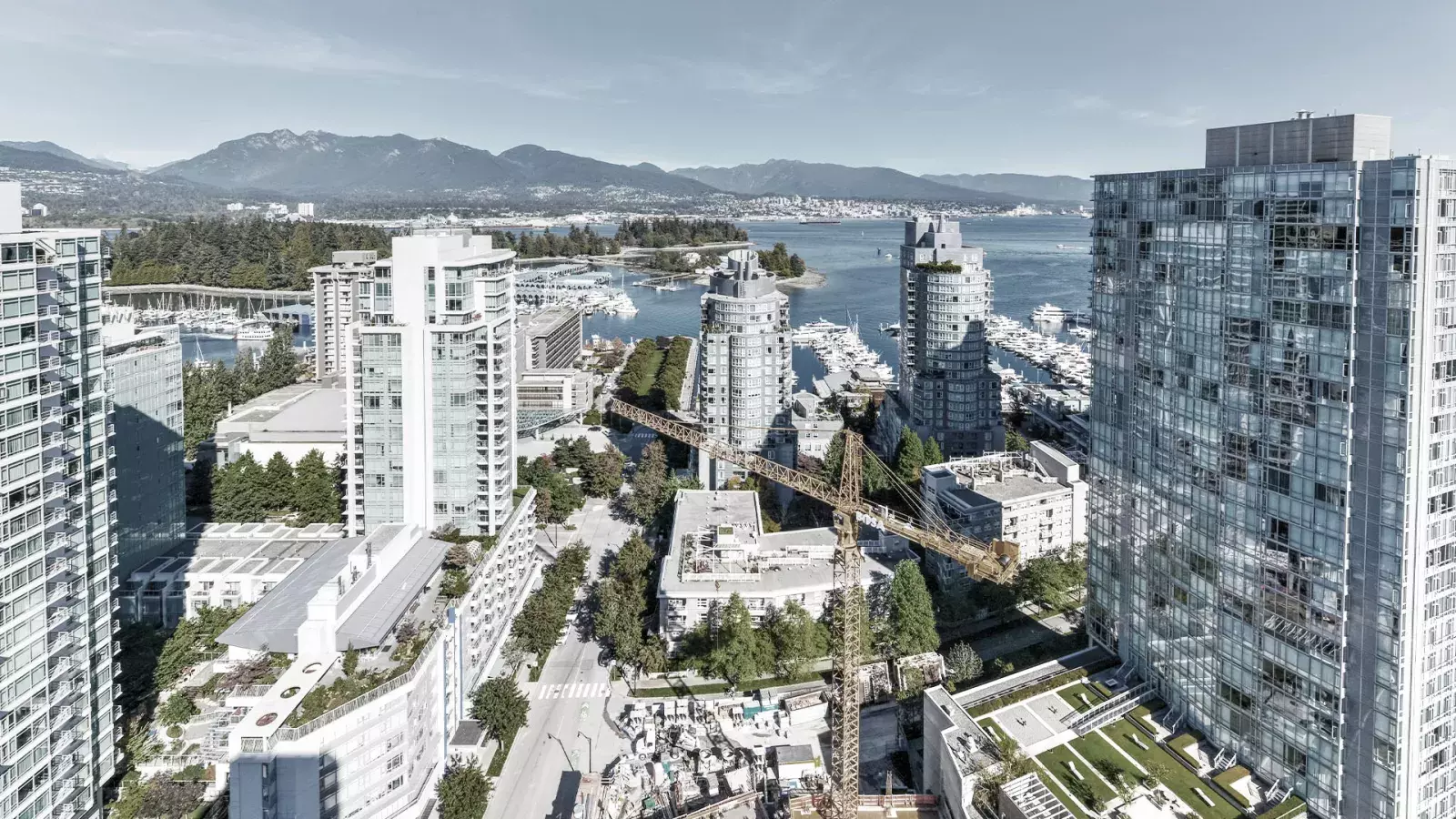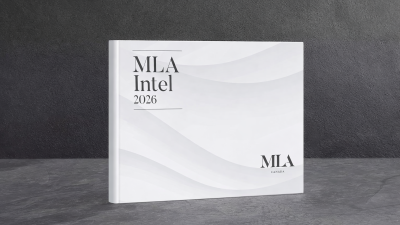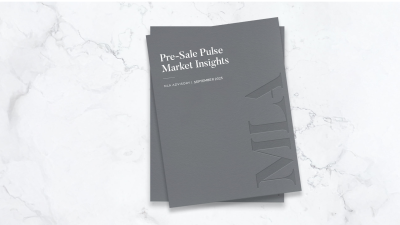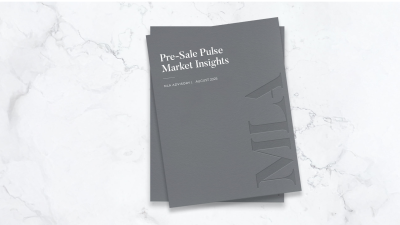Housing affordability is by no means a new issue in Canada, although it is one which has risen to the forefront in recent times due to rapidly escalating prices spurred on by the pandemic. As a result, prior to the election every federal party made trying to find a solution a key campaign component, including the Liberals that eventually again took office. In this article we take a look at some of the latter’s promises and whether or not they may significantly impact the real estate market here in the Lower Mainland.
Banning blind bidding
One of the announcements made by the Liberal Party is to criminalize the practice of blind bidding, where homebuyers submit a bid without knowledge of the counter-offers, meaning they could potentially pay more for a property in an attempt to beat out the next in line.
“The reality is blind and open bidding tends to result in similar prices as seen in other product types. I think our government should know that because there's many [such] examples various international markets,” responds MLA Canada president Ryan Lalonde in an October episode of the Pre-sale Pulse.
Prohibiting foreign ownership
The targeting of foreign real estate investors by different layers of the government started back in 2016, and is set to continue. There are plans to stop new foreign ownership of Canadian homes for two years, as well as expanding the tax on foreign-owned vacant housing.
MLA Canada partner Suzana Goncalves says the move is probably not going to have much effect as, “the vast majority of the demand we've seen in the past year has come from locals already living in B.C.” Indeed, in major areas such as Greater Vancouver, the Fraser Valley and even beyond there was an explosion in industry activity as consumers sought a flight-to-space during the height of the ongoing global health crisis.
In addition, the next wave of consumers will be the projected 1.2 million immigrants expected to arrive in the country over the next three years — many of whom are likely to look to the pre-sale condo and townhouses as a viable option to buy while waiting for their permanent resident status to be approved.
Increasing housing supply
This isn’t the first time the Liberal Party has addressed supply shortages. Its National Housing Strategy from 2017 promised 160,000 new homes in 10 years and whether the target is met remains to be seen. The latest commitment is to the building, preservation or repair of 1.4 million homes over four years. However, as Lalonde notes there needs to be work done on the local level like expediting the zoning and permitting processes.
“The real focus here needs to be … holding those accountable in really important roles within municipalities and moving development applications through the pipeline. The faster that we can do this, the more housing supply that we're going to see coming online and ultimately that's going to have a huge impact on affordability,” says Lalonde.
As we look to a forecasted busy new year with anticipated immigration numbers of 411,000 across Canada, it will be crucial to monitor whether or not the new policies in place have any impact on the affordability of housing in Metro Vancouver and beyond. To learn more about how economic factors are playing a part in housing prices, read our latest article on the relationship between inflation and real estate.
By MLA Contributor Benjamin Yong



